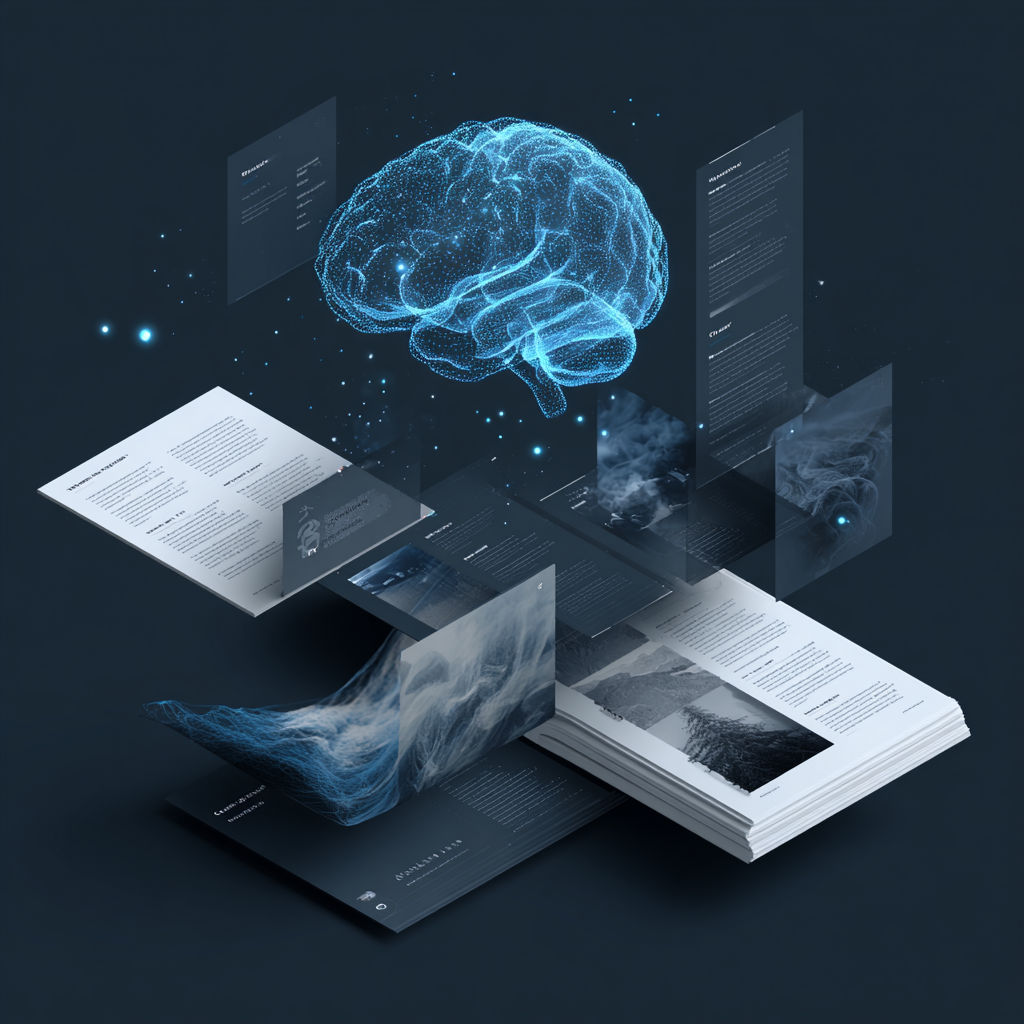OpenAI's Circular Deal With Thrive Holdings
OpenAI just struck a deal with Thrive Holdings that should make everyone in the AI-powered services business pay very close attention. No money...
2 min read
 Writing Team
:
Nov 3, 2025 8:00:02 AM
Writing Team
:
Nov 3, 2025 8:00:02 AM

We've been watching OpenAI cosplay as a nonprofit with a conscience for years, and now the mask is officially off. The company just restructured into a for-profit public benefit corporation, leaving its nonprofit parent with a polite 26–27 percent stake—enough to attend board meetings, not enough to steer the ship. California and Delaware stamped their approval, and with that, OpenAI is free to raise infinite capital, chase moonshots, and build AGI without the pesky constraints of charitable oversight.
@aeyespybywinsome Money money money to reach AGI?
♬ original sound - AEyeSpy
Let's be clear: this isn't a betrayal. It's an admission. OpenAI was always going to need venture-scale money to build what it promised. You can't train frontier models on good intentions and tax-deductible donations. The for-profit shift is less Faustian bargain and more finally admitting you ordered the lobster. The bill was always going to come.
Buried in the Microsoft deal is something more interesting than corporate structure: an expert-verified AGI framework. This isn't Sam Altman waxing poetic about superintelligence in a podcast green room. This is OpenAI committing to third-party verification before declaring mission accomplished. The framework requires independent experts to confirm when OpenAI's models cross the AGI threshold—meaning the company can't just unilaterally declare victory and walk away from its partnership obligations.
This matters because AGI has always been OpenAI's escape clause. The original Microsoft agreement reportedly lets OpenAI reclaim its tech once AGI is achieved, on the theory that such systems shouldn't be controlled by a single corporation. But who decides when that happens? Now we know: not OpenAI alone.
For marketers, this is your reminder that AI companies are playing a very long game, and the products you're using today are training exercises for something much bigger. GPT-4 isn't the destination. It's mile marker 12 in a marathon no one knows the length of.
The restructuring doesn't change what OpenAI ships next week, but it does clarify the incentives. A for-profit OpenAI will optimize for growth, market dominance, and shareholder value—which, ironically, might produce better products for enterprise users. Nonprofits can afford to be precious about deployment timelines. For-profits need to ship or die.
We're already seeing this. OpenAI's aggressive enterprise push, the ChatGPT Team and Enterprise tiers, the GPT Store, the Operator launch—all of it screams "we need revenue, not reverence." And honestly? That's fine. We'd rather have a well-funded, competitive OpenAI than a bankrupt martyr to AI safety theater.
The risk isn't that OpenAI becomes too commercial. It's that the nonprofit board, now holding a symbolic stake, becomes decorative rather than functional. If the mission was truly "ensure AGI benefits all of humanity," then a 26 percent stake is a hedge, not a hand on the wheel. But if the expert-verified AGI framework holds, maybe that's enough. Maybe the accountability isn't in equity—it's in oversight.
Here's the thing: OpenAI was never going to stay a nonprofit. The money required to build AGI makes seed funding look like a lemonade stand. What matters now is whether the new structure delivers both—innovation and integrity. So far, the AGI verification clause suggests someone's still thinking about the latter.
If you're trying to figure out where AI is headed and how to actually use it for growth, not just hype—let's talk. Our team helps marketers cut through the noise and build strategies that work now, not in some imagined AGI future.

OpenAI just struck a deal with Thrive Holdings that should make everyone in the AI-powered services business pay very close attention. No money...

The Microsoft-OpenAI relationship just got so legally complicated it needs a flowchart and a therapist. Microsoft now holds 27 percent of OpenAI,...

The Wikimedia Foundation just inked deals with Microsoft and Meta to license Wikipedia content for AI training. And honestly? This changes everything...